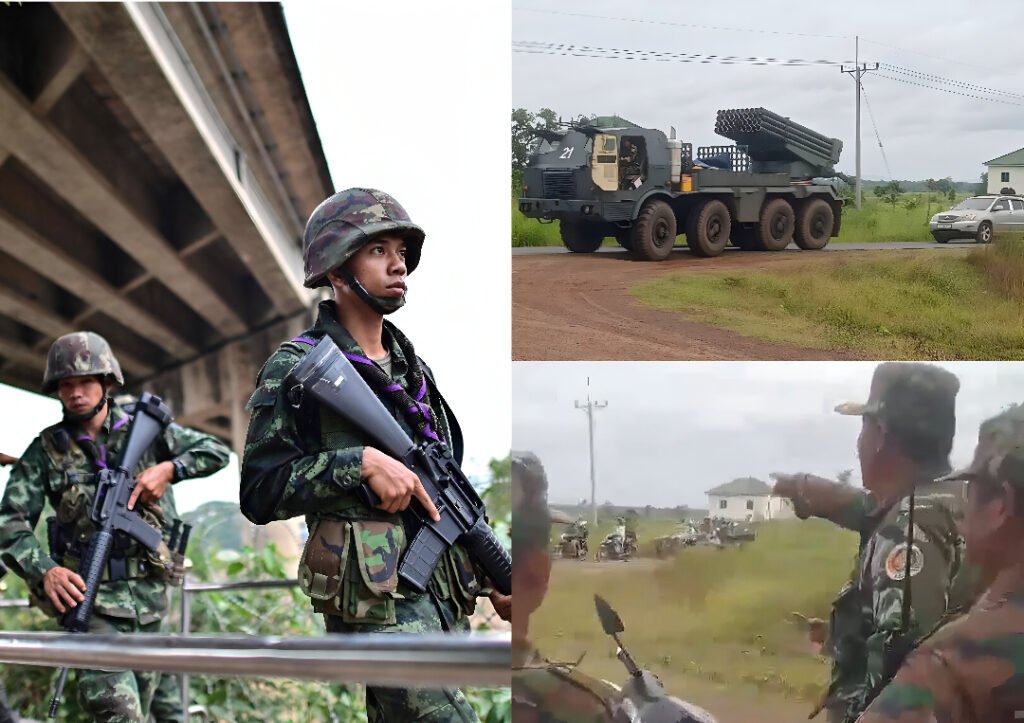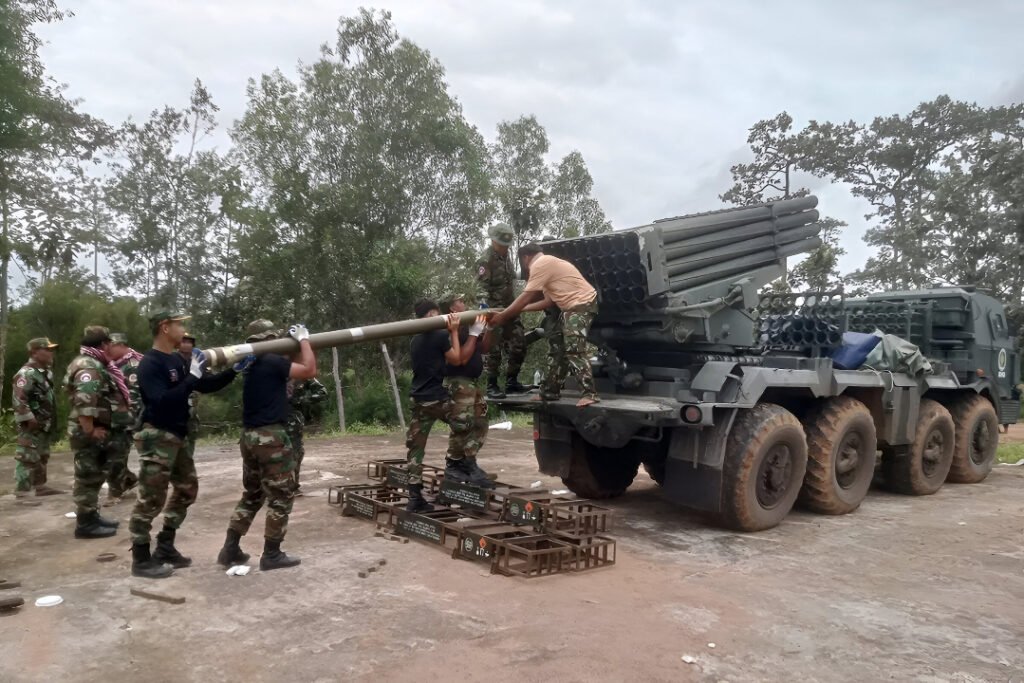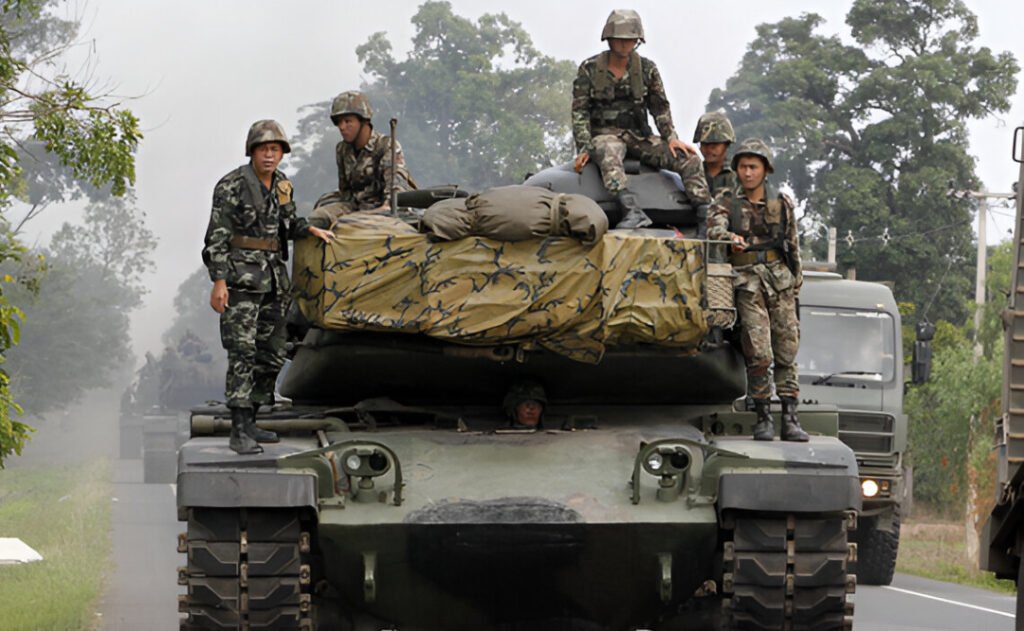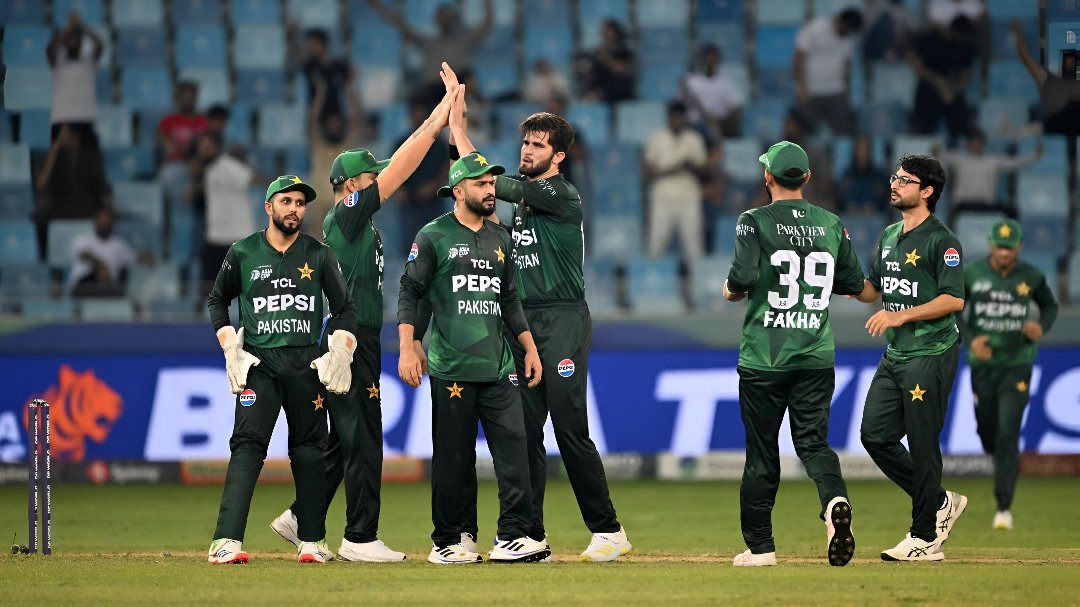
Violence has once again erupted between Thailand and Cambodia, two Southeast Asian neighbors entangled in a decades-old border dispute. The latest conflict has left at least nine civilians dead, involved airstrikes and rocket fire, and triggered a deep diplomatic fallout. What began as a military standoff near a historic temple has now escalated into a full-blown crisis, with both countries blaming each other and tensions spreading into trade and foreign policy.
How It Started
The fresh round of violence broke out on Thursday morning along the disputed border near the Ta Muen temple, located in Thailand’s Surin province and Cambodia’s Oddar Meanchey.
According to the Thai military, the sequence began when a Cambodian drone was spotted flying over a Thai border post. Roughly an hour later, a group of armed Cambodian soldiers reportedly approached the border fence. Thai troops claim they issued verbal warnings, but the Cambodian forces opened fire instead, triggering a full-scale confrontation.
Soon after, Cambodia launched BM-21 rockets and artillery into a Thai border village, killing nine civilians, including a young child, and injuring three others. In retaliation, Thailand deployed six F-16 fighter jets from its Ubon Ratchathani base, striking two Cambodian military targets.
The swift escalation marks the deadliest flare-up in years, reigniting fears that the long-standing dispute could spiral into a broader conflict.
War of Accusations
Each side has accused the other of starting the clash.
The Cambodian Ministry of Defence described the Thai airstrikes as a “violation of Cambodia’s territorial sovereignty,” claiming that its forces acted purely in self-defense. Cambodian officials insist that their troops were merely patrolling sovereign territory when they were attacked without provocation.
Meanwhile, Thai authorities argue that Cambodia provoked the conflict by targeting civilian areas. They maintain that the F-16 airstrikes were limited and proportional responses aimed at halting further aggression.
Such contradictory claims have made it difficult for outside observers to determine the exact trigger, though it’s clear that both sides are now digging in for a prolonged standoff.
Diplomatic Fallout

The military conflict quickly spilled into the diplomatic sphere. Within hours of the first strikes, Thailand expelled Cambodia’s ambassador and recalled its own envoy from Phnom Penh, citing a landmine explosion that had injured five Thai soldiers. Thai investigators allege the mines were newly planted by Cambodian troops, a charge Cambodia flatly denies.
In retaliation, Cambodia downgraded diplomatic ties, expelled Thai diplomats, and pulled most of its own team from Bangkok.
Both governments have also begun restricting cross-border trade and movement. Thailand has imposed tighter controls at entry points, while Cambodia has suspended certain imports. The Thai embassy in Phnom Penh has advised its nationals to leave Cambodia if their stay isn’t essential.
A Long and Complicated History
At the heart of this dispute is a stretch of land near the “Emerald Triangle,” where the borders of Thailand, Cambodia, and Laos meet. This region is home to several ancient Hindu temples, including the 11th-century Ta Muen and Preah Vihear temples, which both nations claim as their own.
Although the International Court of Justice ruled in 1962 that Preah Vihear belongs to Cambodia, surrounding territories remain disputed. Skirmishes along the border have occurred periodically since 2008, sometimes resulting in deaths. A previous flare-up occurred as recently as May, when a Cambodian soldier was killed in a firefight.
Domestic Turmoil Adding Fuel

The border conflict is unfolding at a time of political instability in both countries.
Thailand’s Prime Minister Paetongtarn Shinawatra has been suspended pending an ethics investigation, with a caretaker government forced to handle the crisis that is escalating. Cambodia, on the other hand, faces criticism for exposing a confidential diplomatic telephone call between Paetongtarn and a previous Cambodian leader, Hun Sen, an action that has triggered legal and political resistance.
In another display of military preparedness, Cambodian Prime Minister Hun Manet recently declared the activation of a latent conscription law that will require civilians to serve in the military beginning in 2026. The action is a signal that Cambodia may be increasing its military posture.
What Lies Ahead
Both sides are keeping quiet publicly, even with the escalating tension. Thailand’s acting Prime Minister Phumtham Wechayachai said, “We have to do this carefully and operate within international law. Our goal is to safeguard Thai sovereignty without creating more instability.”
But with diplomatic relations tense, cross-border hostilities rising, and nationalist emotions running high, the hope for a resolution seems far-fetched. Unless international pressure or mediation intervenes, the region threatens to slip into increased instability.
The temples at the center of this conflict may be old, but the bloodshed they have unleashed is eerily topical and perilously close to all-out war.







